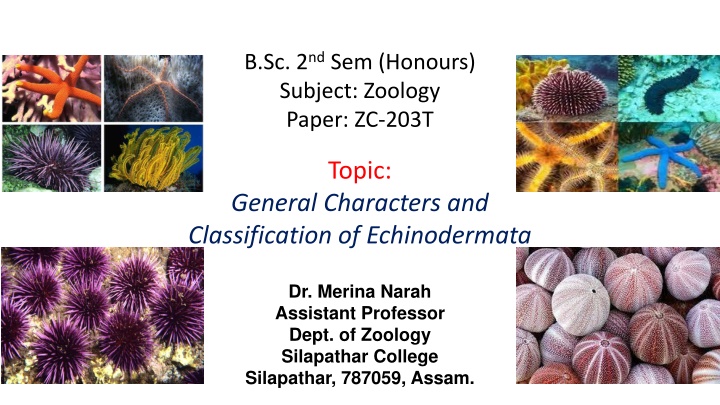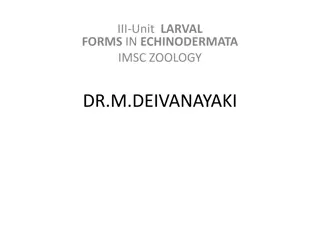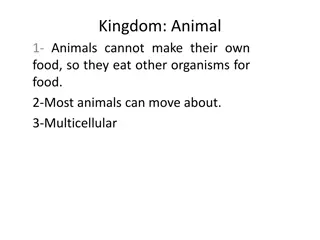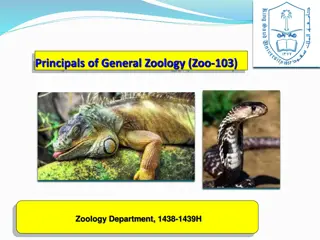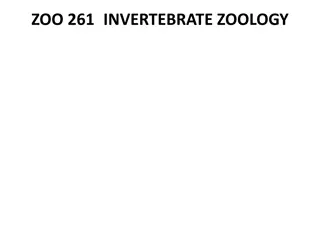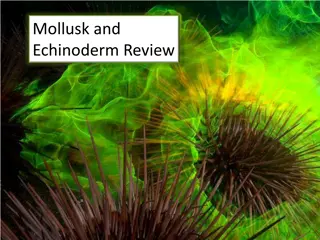General Characters and Classification of Echinodermata in Zoology: B.Sc. 2nd Sem
Echinoderms, marine animals with radial symmetry, feature a unique water vascular system. This content covers their general characteristics, five classes, and a classification table. Dr. Merina Narah from Silapathar College, Assam, presents valuable insights into the fascinating world of Echinodermata.
Download Presentation

Please find below an Image/Link to download the presentation.
The content on the website is provided AS IS for your information and personal use only. It may not be sold, licensed, or shared on other websites without obtaining consent from the author.If you encounter any issues during the download, it is possible that the publisher has removed the file from their server.
You are allowed to download the files provided on this website for personal or commercial use, subject to the condition that they are used lawfully. All files are the property of their respective owners.
The content on the website is provided AS IS for your information and personal use only. It may not be sold, licensed, or shared on other websites without obtaining consent from the author.
E N D
Presentation Transcript
B.Sc. 2nd Sem (Honours) Subject: Zoology Paper: ZC-203T Topic: General Characters and Classification of Echinodermata Dr. Merina Narah Assistant Professor Dept. of Zoology Silapathar College Silapathar, 787059, Assam.
General Characters of Phylum- Echinodermata:- The echinoderms are exclusively marine. They occur in all seas from the intertidal zone to the great depths. They possess radial symmetry. Body is triploblastic, coelomate with distinct oral and aboral surfaces. Body shape rounded or cylindrical or star-like. Presence of water vascular system or ambulacral system is the most characteristic feature. Circulatory or haemal or blood lacunar system is typically present. Nervous system is primitive. Sense organs are poorly developed. Sexes are separate (dioecious) with few exceptions. Reproduction is usually sexual, few reproduce asexually or by regeneration. Development involves larval stages which undergo metamorphosis.
5 different classes of Phylum Echinodermata Feather- Star
